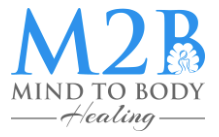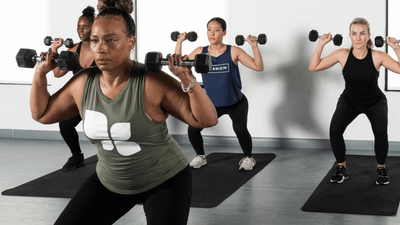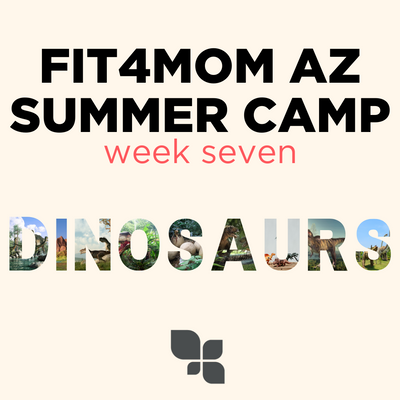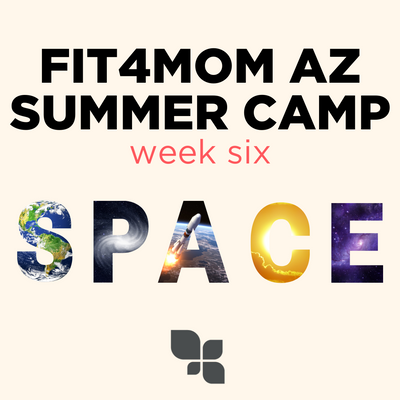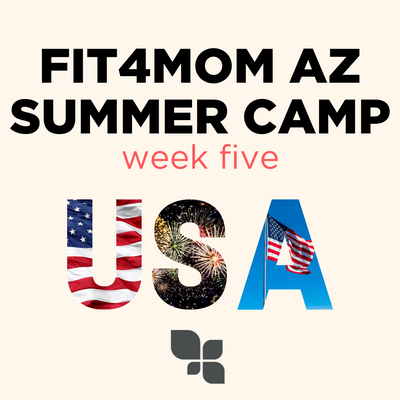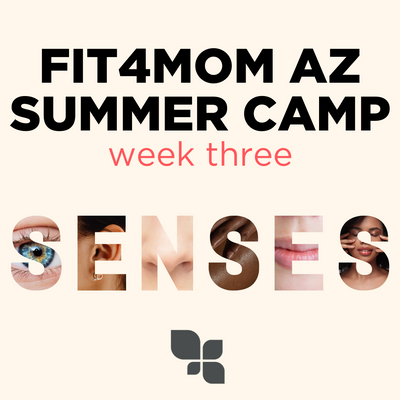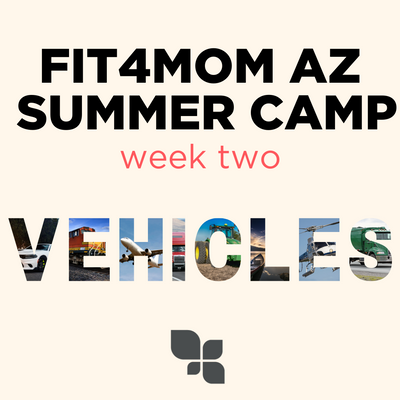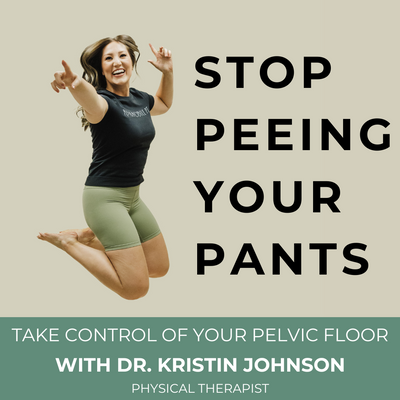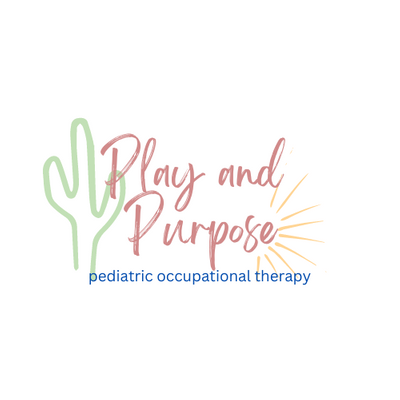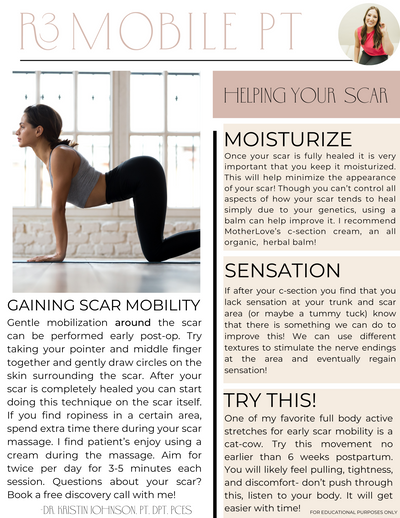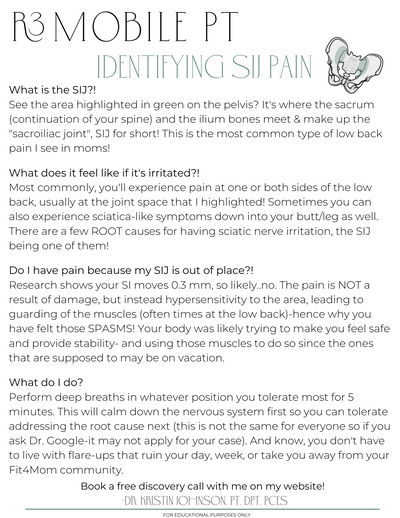Mama Blog
This is a blog just for mamas!
Postpartum Care You Deserve
The M2B Team
Let’s face it—we aren’t getting the postpartum care we deserve! As many moms know, when you go in for your 6-week postpartum checkup with your OB/GYN, you’re lucky if they even do a physical exam. They’re more concerned with whether or not you need birth control. And somehow, they still clear you to ‘have sex’, which is likely the last thing on your mind.
At Mind to Body Healing (M2B), we are pelvic floor physical therapists and MOMs, so we’ve all been there. Feelings of isolation, fear, happiness, anxiety, and joy are all mixed into one ball of emotion, with our own physical health not even on the radar.
But at M2B, we want that to change. We are here for the MOMs (yes, the babies are cute, but you did all the hard work), so let us take care of you.
So much changes during pregnancy and after birth (via vaginal or c-section). Commonly, moms experience urine leaking (with urge or activity), downward pressure or feeling like something is falling out, pain (with or without sex), constipation, and abdominal separation/weakness (and those are just the physical complaints!). Even though these are all COMMON, they are not ‘normal’, which means you DON’T have to accept that this is just part of being a mom. You can get your healthy functioning body back and return to doing the things you love (with or without your babe!) without pain or peeing your pants (or worse!)
moreHow to Manage Perimenopause Symptoms through Exercise
Jillian Young, NASM CPT, FIT4MOM Prenatal and Postnatal Certified, NASM Certified Stretch Coach
Perimenopause is a challenging time for many women, marked by hormonal shifts and uncomfortable symptoms like hot flashes, insomnia, mood swings, and muscle loss. While these changes may feel overwhelming, one of the most effective tools to manage them is exercise. FIT4MOM’s Body Ignite, a strength training class designed for women at all stages of motherhood, and Body Boost, a HIIT and Strength workout designed for postnatal women, offers the perfect opportunity for women in perimenopause to improve their health and well-being. Here’s why:
1. Reduces Hot Flashes
Hot flashes are one of the most common symptoms of perimenopause. Fortunately, regular exercise can significantly reduce their frequency. According to a study published in Menopause, women who engaged in cardiovascular exercise like jogging or cycling four to five times a week experienced a 60% reduction in hot flashes. Exercise helps improve thermoregulation, reducing core body temperature and enhancing your body’s ability to dissipate heat . A well-rounded program like Body Boost combines cardio bursts with strength training to help keep those hot flashes at bay.
moreDive into Water Safety with British Swim School!
Jackson Lambirth
Water is an endless source of excitement, relaxation, and exercise for the whole family. And at British Swim School, we believe in making water time as safe and enjoyable as possible for your little ones. Did you know that drowning is a leading cause of accidental death for children, especially those aged 1-4? But fear not, moms! We're here to help you prioritize water safety and survival skills in a fun and engaging way!
British Swim School teaches water safety tips that are simple but effective! Always swim with a buddy - it's more fun and adds an extra layer of protection. Actively supervise children around water, avoiding distractions like phones or reading material. Choose designated swimming areas with lifeguards on duty for added safety. And for inexperienced swimmers, we recommend wearing properly fitting life jackets, especially in open water or boating activities.
1.Survival Skills Every Child Needs! But we don't stop at just water safety. At British Swim School, survival skills are the foundation of our curriculum. Before we teach traditional swim strokes, we focus on building a strong baseline of water survival skills. Floating and breathing for an extended time, safe entry and exit, and front-to-back rollovers are just some of the essential skills we teach. We want your child to feel confident and empowered in the water, knowing how to navigate challenging situations with grace and composure.
moreWhat's So Golden about the "Golden hour"?
Christina Overton
The Golden Hour after birth is a critical time for both the birthing parent and the newborn. Here are some tips specifically for ensuring successful skin-to-skin contact during this precious hour:
Immediate Skin-to-Skin: As soon as your baby is born, place them directly on your chest. Skin-to-skin contact helps regulate their temperature, heart rate, and breathing.
Minimize Interruptions: During the Golden Hour, keep interruptions to a minimum. Delay non-urgent tasks (such as bathing the newborn). This allows you and your baby to bond and recover together.
Perform Newborn Assessments on Maternal Abdomen: While maintaining skin-to-skin contact, healthcare providers can assess the baby’s initial vital signs directly on your abdomen. This ensures continuity of care without disrupting the bonding process.
Early Initiation of Breastfeeding: Encourage breastfeeding during the Golden Hour. Babies instinctively seek out the maternal breast, and this early initiation supports successful breastfeeding.
Planning: This is crucial to ensure that visitors do not interrupt the precious skin-to-skin time during the Golden Hour. Here are some practical steps:
more
Find your Fit: How to Find the Right Childcare for your family
Nicole Cox
Finding the right childcare fit is one of the most challenging tasks a parent faces. Add to that the shortage of childcare workers, inflation and longer waitlists for daycare and after school care programs, and it has gotten even harder.
The June Care team has more than 50 years of experience in the childcare industry, so we tapped our team to break down the childcare options and help families find the right fit for their family. I wanted to share in the hopes that these tips help parents everywhere find high quality childcare they can trust.
Types of Child Care
Here are the different types of childcare offerings available so you can see which one of these appeals to your childcare needs, parenting style, schedule and budget.
Childcare / Daycare Center - Child care centers often group children by age and are generally operated out of commercial buildings. Centers are larger and enroll more children with a dedicated director and numerous staff members. Many centers offer designated drop off and pick up hours and do not offer after hours care. Childcare centers often accept a limited number of infants and waitlists are often used when enrollment is full. Long term contracts are often required.
moreTop 3 Tips for Your Pelvic Floor & Bladder Health
Dr. Kristin Johnson
Hi friends! It’s Dr. Kristin Johnson, owner of R3 Mobile Physical Therapy and Fit4Mom community partner!! You may remember me from when I did cupping therapy at the grand re-opening class and other workshops!
I specialize in treating prenatal and postpartum concerns like C-section rehab, pelvic floor pain, heaviness, bladder leakage, and reconnecting with your core (diastasis recti) again. I also specialize in helping women recover after having a tummy tuck and all orthopedics/spine in general! I come to your house for the eval and treatment sessions, kids are welcome to be around, your exercise plans are organized in-app with videos of you doing the exercise & my cues, AND you get 10% off your evaluation- I take HSA, cash, & write superbills for your insurance! You can book a free discovery call here!
I wanted to give you my Top 3 Tips for your pelvic floor & bladder health!
- Stop peeing just in case..before you go to Target, before you leave for your stroller strides class...This is my number one tip that you can start doing immediately so that you can stop having the urge to pee a million times a day! Let’s be real-you do not have time to go to the bathroom for little dribbles every 20 minutes. PLUS that is not normal and it’s SO easy to treat.
- The #1 contributing factor to bladder leakage? Constipation. That’s right, you may think you’re not constipated because you go every day, however if you look at the “type” of your stool (yes there is a chart of normal poop types) and think about the quality of your ability to pass the stool, you’ll see you are indeed constipated! For example, if your poop every day is little bunny pebbles, and it took you a while and you had to “push it out”, that is still considered constipated even though you went!
- Your bra-band size (aka ribcage angle) is something that you can change! 99% of women I see have an excessively widened ribcage angle due to their pregnancy (which is by design to make room for baby) but have a lack of re-connection with their core postpartum so it STAYS wide! This widened angle changes our pressure management system (inside our abdomen) and can be a huge contributing factor as to why you are leaking as well as why your diastasis recti isn’t changing in appearance!
5 STEPS TO TAKE TO TAKING CARE OF MAMA
Dr. Kseniya Gershberg
THE WELL BALANCED MAMA-finding joy & balance in the world of chaos raising children. Being a mom is both overwhelming, fun, exhilarating, and all that jazz. It’s the most important job on the planet, so important that we often forget to take care of ourselves. The way life becomes hectic and busy we tend to create many excuses in order to avoid taking care of Mama. Did you know that there are research studies that show the impact of mom self-care on her children, and the study has shown that the more active a mom is the more active her kids will be. Prioritizing your health and self-care should be number one on your long to do list. If you don’t schedule it, it won’t happen.
5 STEPS TO TAKE TO TAKING CARE OF MAMA
1. Balance your nervous system. If you are stressed everyone else will be stressed too. Have you ever seen the pattern when something isn’t going right, you feel high amounts of stress, and then your kids are misbehaving? It’s true. A well balanced Mama=a well balanced family. Chiropractic can help balance your nervous system and feel a lot less stressed. Just imagine what can happen when the whole family gets adjusted together?
2. Mindset & Gratitude. Prioritize daily time for you to create a positive mindset, breathwork, and gratitude routine. You can even do gratitude as a family together during dinner. Going around the table and sharing what you are grateful for. After waking up in the mornings, begin your day off right with a grateful heart. Another way to achieve a great mindset is to listen to a quick meditation or just looking out the window.
more5 Ways to Set You and Your New Baby up For Successful Sleep Habits
Tonya Sakowicz
We all hear from so many new parents how exhausted they are and how much they can’t wait for their new baby to sleep through the night. While we definitely need to understand it is biologically normal (and necessary) for a new baby to wake up at night to eat and it is normal for a baby to need their parents and caregivers to soothe them when they are upset, we also know new parents need sleep too! So I am going to share my top 5 tips to set you and your baby up for success!
Environment (location and temperature):
The ideal temperature of the sleep space for your new baby is 68-72 according to the AAP and most sleep experts. Adults sleep better at even lower temps but of course, we live in Arizona so that is not always feasible. However, adding a fan (ceiling or floor) to the room can help circulate air which helps us to “feel” cooler even when the temperature is a bit higher. And of course, babies all over the world sleep in much warmer temperatures also and do just fine, so don’t stress if lowering the temperature that much is simply out of the question for your family. It sure is for mine.
more
BEST PRENATAL FITNESS AND PRENATAL YOGA CLASSES IN PHOENIX AND SCOTTSDALE
Jillian Young, NASM Certified Personal Trainer, Certified Postnatal and Prenatal Fitness
If you're a pregnant mom in Phoenix or Scottsdale and you're looking to keep moving during your pregnancy - we've got you covered. We know how overwhelming being pregnant can be, so here's our list of Prenatal Fitness and Yoga workouts to try out:
moreDeveloping a Healthy Frustration Tolerance
Samantha Rothman, MS, OTR/L
Frustration is a natural part of life, and learning to cope with it is an essential skill for children to develop. Building frustration tolerance helps them navigate challenges, setbacks, and disappointments with resilience and grace. In this blog post, well explore the importance of frustration tolerance in children and provide
Introduction Understanding Frustration Tolerance
Frustration tolerance is a child's ability to manage their feelings of frustration and disappointment when they encounter obstacles or face situations that don't go their way. It is a fundamental aspect of emotional intelligence, and it plays a significant role in a child's overall well-being and future success.
Why Is Frustration Tolerance Important?
Resilience: Children with strong frustration tolerance are better equipped to bounce back from challenges and setbacks. They are more resilient in the face of adversity, which is a critical life skill.
Problem-Solving Skills: Learning to tolerate frustration encourages children to think critically and find solutions to the problems they encounter, fostering independence and confidence.
Emotional Regulation: Frustration tolerance helps children manage their emotions, preventing outbursts and meltdowns that can be disruptive to their social and academic life.
moreChildren Learn Best Through Play
Gymboree Play and Music Scottsdale.
Our specially designed classes use age-appropriate activities to help children ages 0-5 develop physical, cognitive, and social skills as they play. And, our equipment is designed to create challenges that inspire learning. Crawl through tunnels, explore different textures, slide down slides (or climb up slides), toddle over bridges, or take a ride in a swing. We’ll also practice social skills and memory building through sing-alongs and group-play. Play is a fundamental component of early childhood education, and is the cornerstone of every one of our programs. Through play-based learning, your child is challenged physically, cognitively and socially. Our custom curriculum is based on the most current early education ideology, and is designed to grow with your child, from birth to kindergarten.
Choose from our wide range of early childhood classes for ages 0-5 years.
Play * Art * Music * Literacy * Science * Math * Birthday Parties too!
moreWhy Children and Music Go Together Like . . . Bread & Butter
Kathy Rowe
If you’ve ever seen a little child bouncing their tushie with wild abandon to the
background muzak at the grocery store, you will mostly likely agree that children
and music are a great match! Children may be drawn to music for many reasons:
music can be silly or somber; it can be energizing or tranquilizing; mostly, music
can reach a deeper part of us where there are no words. Children and music go
together like . . . bread & butter, mac & cheese, peanut butter & jelly, or sushi &saki! Children love music and music is so great for a child’s development.
All children are musical. We are born with the abilities to sing and dance just as weare born with the abilities to walk and talk, count and read. When my first baby wasborn, I had a hard time believing that even infants arrive ready and wired for music!
My little baby could not tap her toes or sing Twinkle Twinkle yet, however it was
very obvious that her binky showed a rhythmic response, with her sucking getting
faster or slower when daddy was singing to her. Infants may also respond to rhythm
moreHELPING YOUR SCAR
DR. KRISTIN JOHNSON, PT, DPT, PCES
Identifying SIJ Pain
Dr. Kristin Johnson

